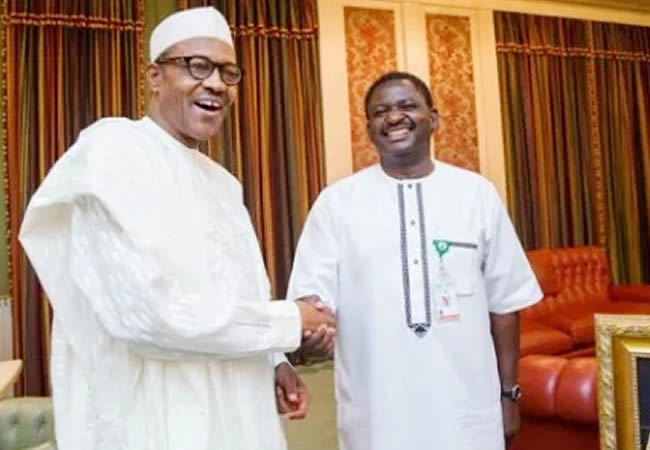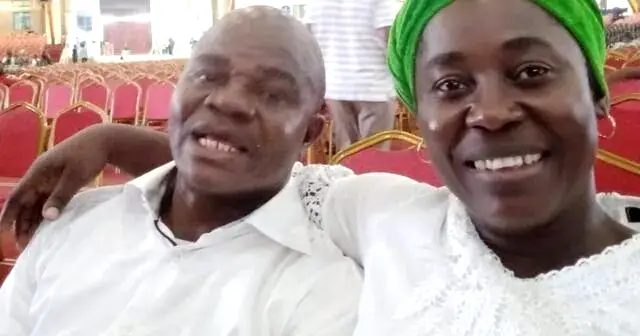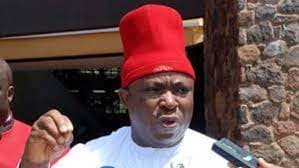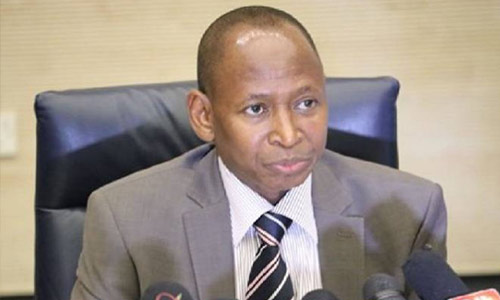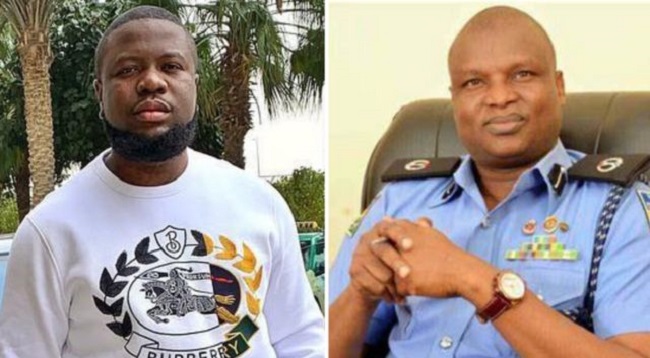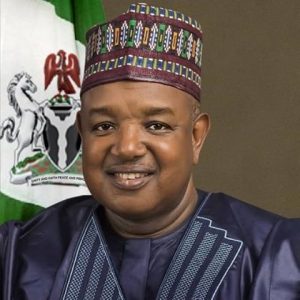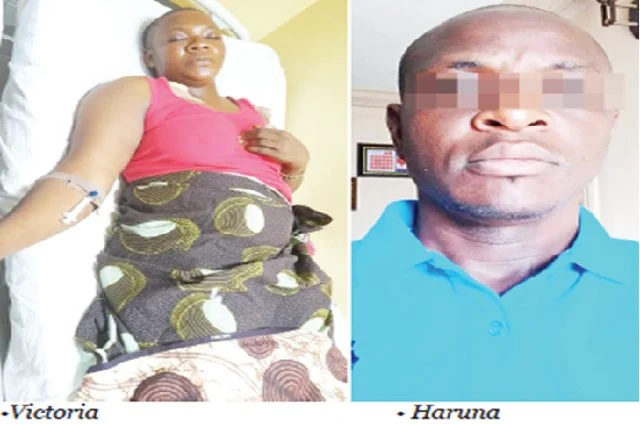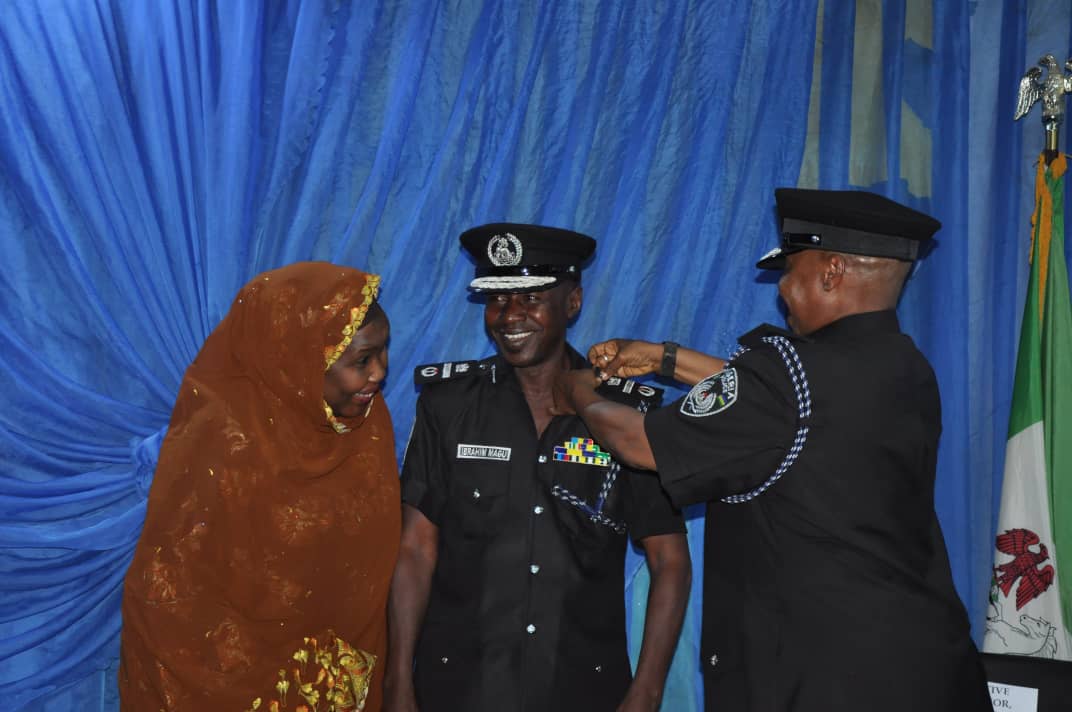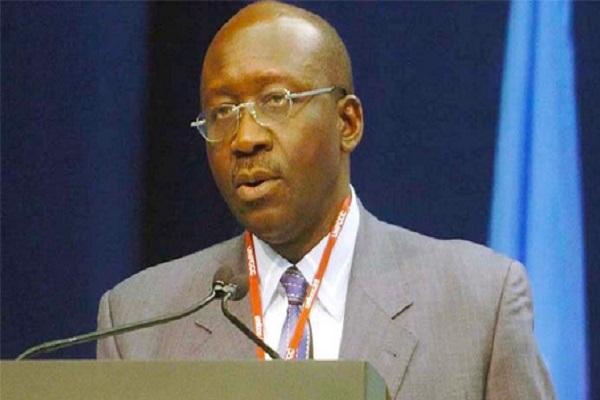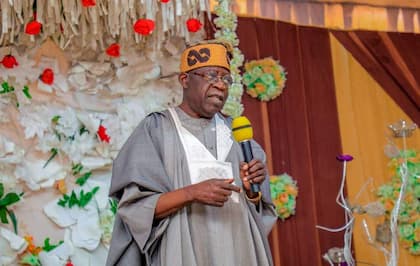‘I’m not an emperor’ — Dapo Abiodun responds to Tinubu’s jab
Dapo Abiodun has responded to the dressing-down by Bola Tinubu, presidential hopeful of the All Progressives Congress (APC), that he would not have become governor of Ogun without his…
Buhari didn’t ask govs to pick consensus presidential candidate – Femi Adesina
Presidential spokesperson, Femi Adesina, has faulted claims that the President, Major General Muhammadu Buhari (retd.), asked members of the Progressives Governors’ Forum to pick a consensus presidential candidate for…
Court Remands Osinachi’s Husband In Kuje Prison
A High Court of the Federal Capital Territory in Wuse, on Friday, remanded Peter Nwachukwu, husband of the late gospel singer, Osinachi, at the Kuje Correctional Facility, pending the…
Victor Umeh Joins Labour Party
Six days after his failure to pick the ticket of the All Progressives Grand Alliance, APGA, Chief Victor Umeh has ditched the party for the Labour Party. Umeh, the…
IPOB/ESN: Force HQ deploys more special operational units to S-East
Inspector-General of Police, IGP Usman Alkali Baba disclosed yesterday that more Police Special Operational Units and Assets have been deployed to the South-East in the bid to strengthen the…
2023: Orji Kalu Says He’s Not Ahmad Lawan’s Campaign DG
Senate Chief Whip, Orji Kalu has debunked reports that he was appointed as Director-General of Ahmad Lawan’s Campaign Organization. Lawan, the Senate President, Lawan is one of the frontline…
Why EFCC released suspended Accountant-General from custody
The Economic and Financial Crimes Commission, EFCC, has released suspended Accountant-General of the Federation, Ahmed Idris, on bail. It would be recalled that Idris was arrested by the anti-graft…
Plans To Send Me To U.S, Politically Motivated – Abba Kyari
Detained police chief, DCP Abba Kyari, has pleaded with the Federal High Court sitting in Abuja to disregard a suit by the Federal Government to extradite him to the…
We’ll aggressively protect, defend law-abiding Nigerians abroad — Buhari
The President, Major General Muhammadu Buhari (retd.), on Thursday in Madrid, said the Federal Government would aggressively protect and defend the interests of law-abiding citizens in the diaspora. Buhari…
We’ll decide who to support after all presidential candidates emerge — Ohanaeze
The apex Igbo socio-cultural organisation, Ohanaeze Ndigbo Worldwide, has reiterated that it will not make a decision on the presidential candidate to support in 2023 until all political parties…
Insecurity: Nigeria Needs International Support – Bagudu
The Chairman, Progressive Governors Forum (PGF) and Kebbi State governor, Atiku Bagudu, has said Nigeria needs international support to overcome insecurity. Bagudu, whose state among those affected by the…
Engineer stabs wife, son for refusing to return home after torture
Doctors are battling to save the life of a 39-year-old woman, Victoria Emmanuel, after her husband, Haruna Emmauel, allegedly stabbed her. Victoria was said to have been enduring domestic…
Magu decorated as AIG
Ibrahim Magu, former acting chairman of the Economic and Financial Crimes Commission (EFCC), has been decorated as an assistant inspector-general of police (AIG). The police service commission (PSC) had…
Ayu: When will PDP learn?
By Clem Aguiyi In 2015, the Peoples Democratic Party, PDP, learnt the hard way when disillusioned Nigerians voted the party out of power. As if led by people under…
It’s my turn to be president, says Tinubu
The National Leader of the All Progressives Congress (APC), Sen. Bola Tinubu, said on Thursday that he deserved to succeed President Muhammadu Buhari based on his (Tinubu) antecedents. Tinubu…


